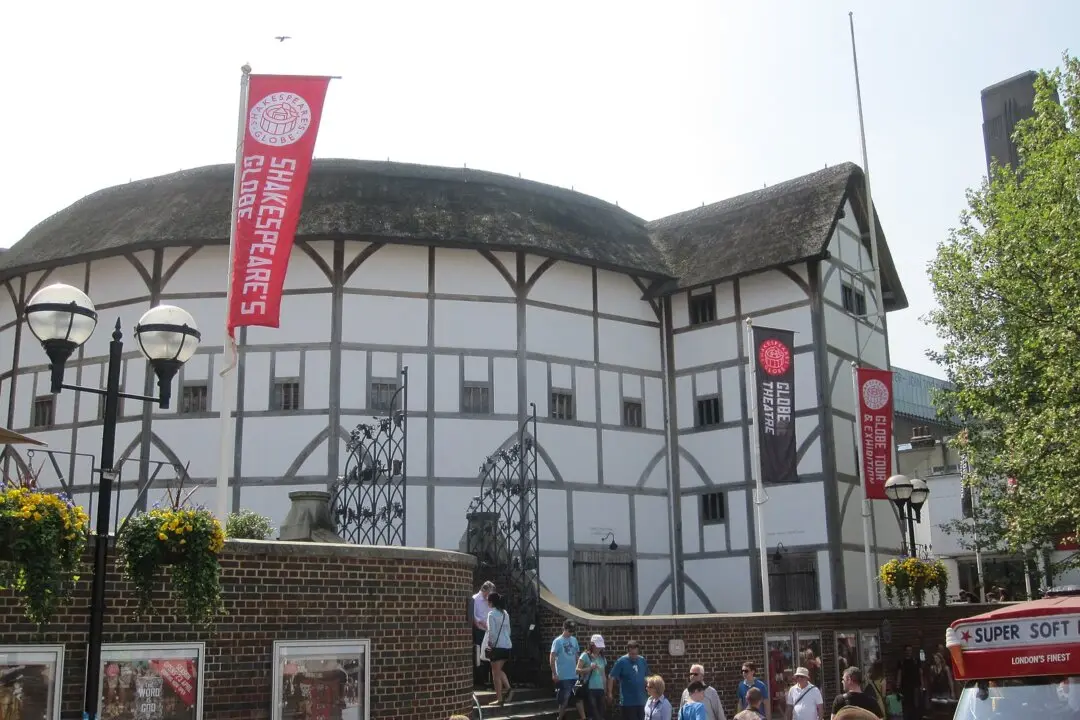Near the end of one of William Shakespeare’s final plays, “The Tempest,” in a speech that many scholars think expresses Shakespeare’s own farewell to the stage, the magician Prospero says:
These our actors, As I foretold you, were all spirits and Are melted into air, into thin air: And, like the baseless fabric of this vision, The cloud-capp'd towers, the gorgeous palaces, The solemn temples, the great globe itself, Ye all which it inherit, shall dissolve And, like this insubstantial pageant faded, Leave not a rack behind. We are such stuff As dreams are made on, and our little life Is rounded with a sleep.
The speech offers deep reflection on the power of art, the transience of human life and works, and the ephemeral nature of theatrical performance.It’s also a nod to the specific theater where Shakespeare and his acting company put on most of their performances: the Globe in London. This impressive structure had been home to a pageant of remarkable figures—Caesar, Brutus, Henry V, Richard III, Hippolyta, Cleopatra, fairies, spirits, lovers, jesters, scoundrels, sages, and prophets. The imaginative worlds Shakespeare created and the inhabitants of those worlds were housed inside the little wooden circle, the Globe. It was the world in microcosm.






